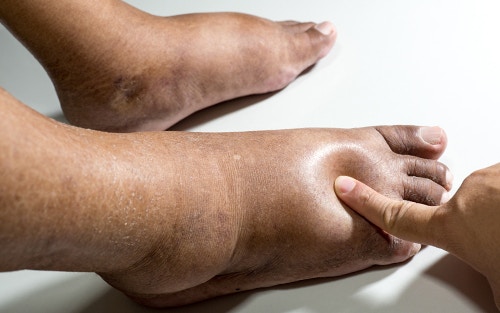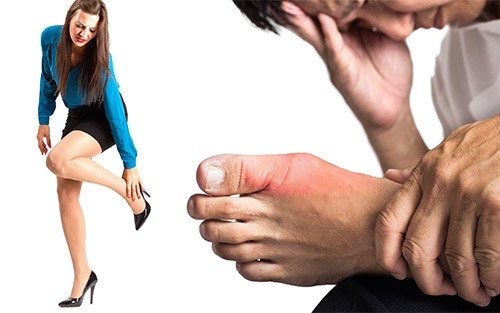Why Are My Feet Swollen – Causes, Treatments, and Prevention
Keep your swollen feet from leaving you in pain, immobilized, and scared. Knowing what causes your feet to swell and how to treat your feet will help you get things back to normal quickly. yourfootpalace.com gathered the following information about what causes your feet to swell, which treatments may work for you, what you can … Read More

